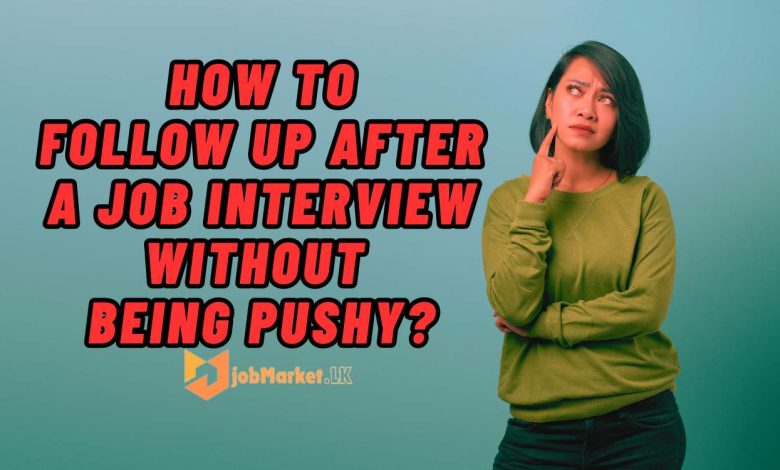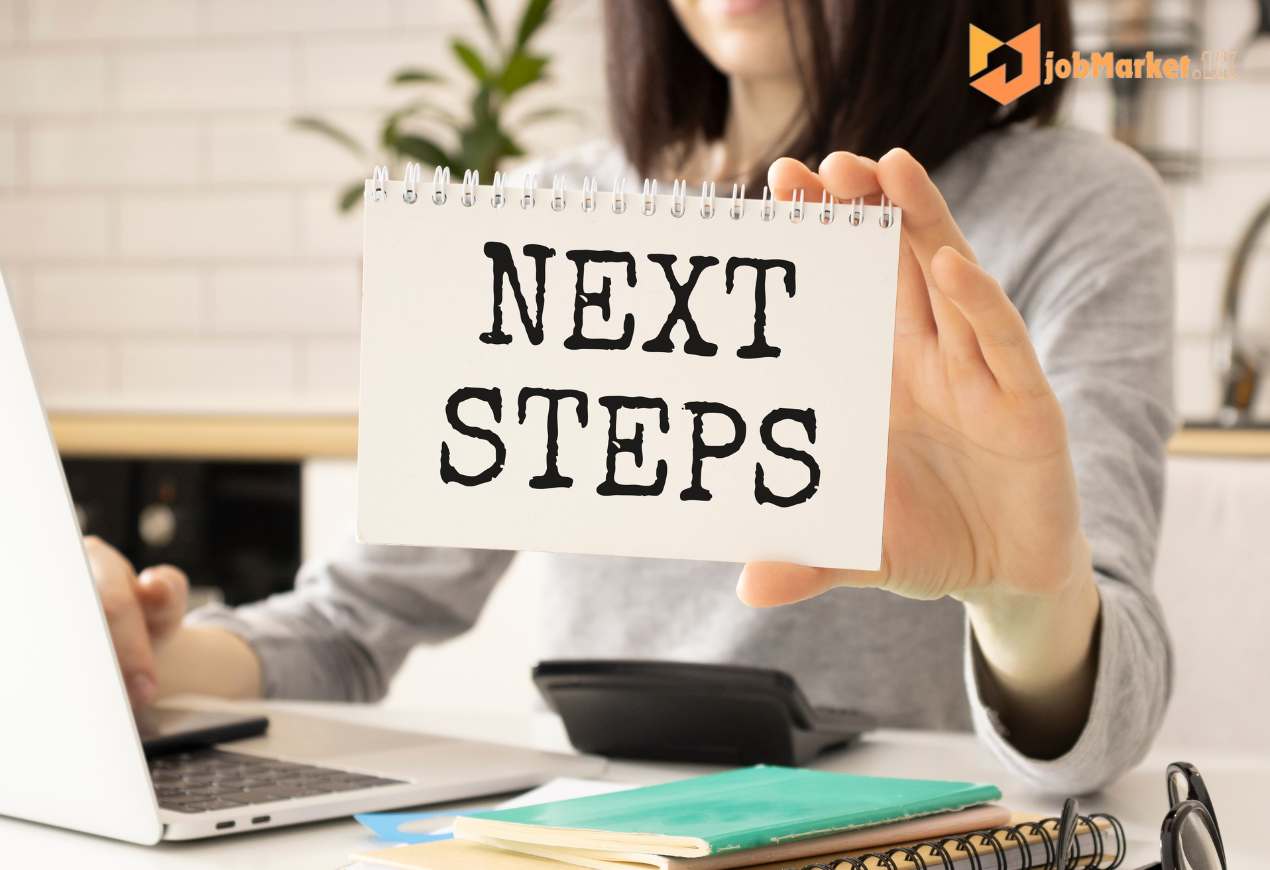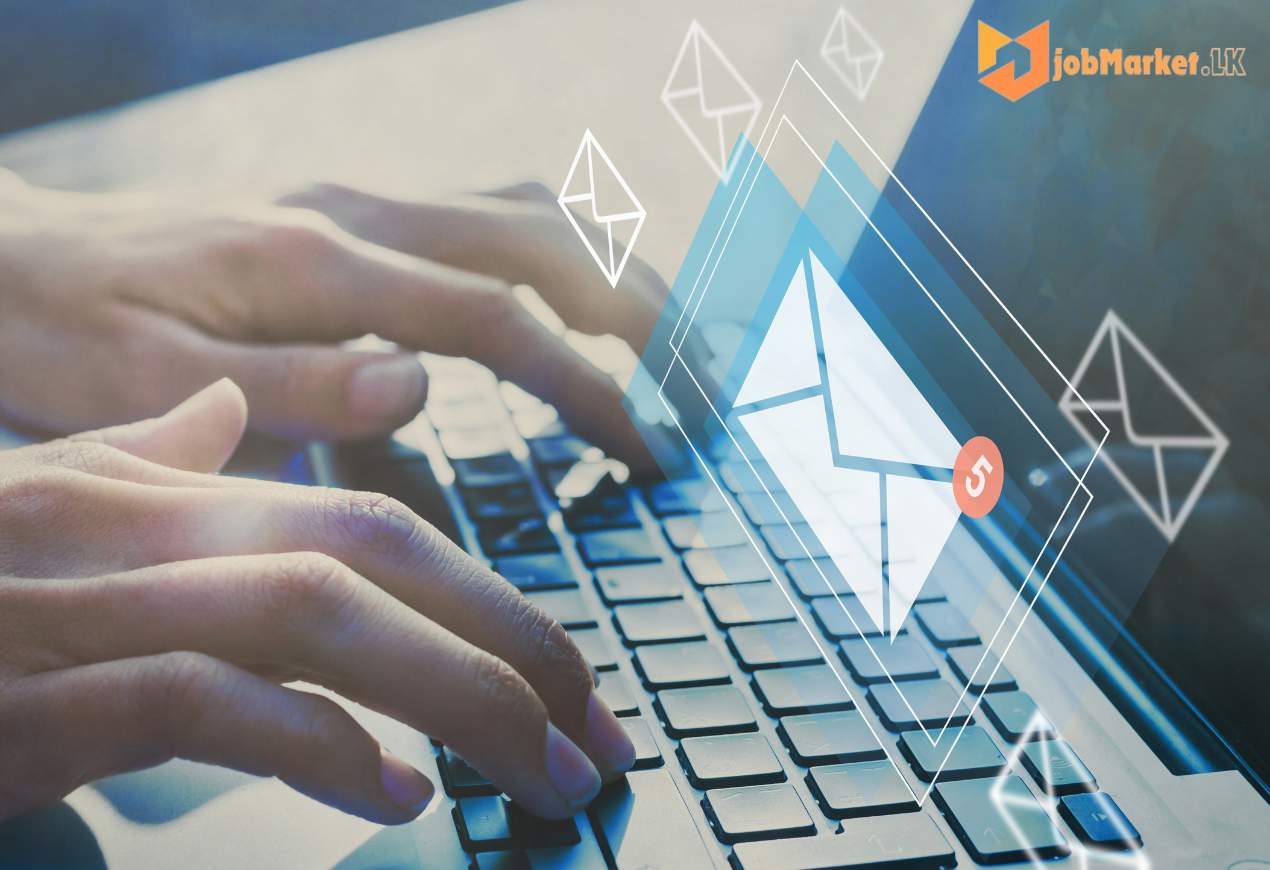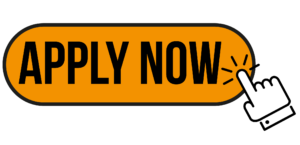How to Follow Up After a Job Interview Without Being Pushy?

So, you have participated in the interview for your dream job and can’t wait to get an update from the company you applied for. Is this your current situation? So, how to follow up after a job interview without being pushy?
As we all know, putting pressure on the employer is a BIG NO when it comes to job interviews.
This is why you should read this article till the end as we discuss everything you need to follow up after a job interview to get an update on the final decision of the company you are interested in joining.
Why You Should Follow Up After an Interview?
Here is the importance of following up with the company after you face an interview.
It Shows Continuous Interest
Yes, you did show your enthusiasm during the interview to join the job, but an additional and genuine value will be added if you follow up after the interview. It may set you apart from the other candidates who don’t take this step.
Remind the Employer About Your Name
If you have participated in an interview that consisted of a considerable number of candidates, the employer may not remember you precisely. A simple follow-up could bring your name to the table again as long as you do it correctly.
Shows Your Professionalism
When you follow up on something the way it should, it shows professionalism and the way you would be working after you get the job. Communication skills are important for almost all jobs, and following up with the company after the interview is a great opportunity for you to showcase your communication skills again.
You Get an Additional Opportunity
Yes, if you are contacting the right person when contacting the employer to inquire about the progress after an interview, it definitely gives you another opportunity to pass a message if you think you have forgotten during the interview.
This is a tactical move that you should be using in the middle of the conversation, not right away.

Gives You an Understanding About the Next Step
Following up allows you to inquire about the next step of the process, which you can use to your advantage to prepare for it in advance. In addition, if you have missed an update from the employer for whatever reason, a follow-up step could allow you to recover from it.
In addition to the above-mentioned factors, a proper follow-up after the interview allows you to build up a positive relationship with the employer.
How to Follow Up After a Job Interview Without Being Pushy?
Now, let’s move on to the most important phase of the article. If you are to successfully follow up with the company after an interview, make sure to follow the steps mentioned below.
Wait for the Correct Time
Most interviewers say they will call you after a specific period of time. So, although you are eager to know what their decision is, wait for this time period to end. If no such timeframe was given to you, generally, you should wait at least seven business days before you contact them.
If not, the employer may feel you are pushing them without understanding the process, which can be a red flag in certain situations.
Send a Polite Email
This is the most important part of the follow-up process after an interview, and we highly recommend using an email instead of calling. The email you send must be polite and concise. In addition, it should show a genuine interest in the job rather than being demanding.

Don’t use phrases such as “I didn’t hear from you” or “waiting for an answer.” Start with a greeting > gratitude > interest > mention something interesting that took place during the interview > polite request for an update > sign off.
This is the best possible mail outline you can use to end on the right side at the end of the follow-up process.
The Tone You Use is Important
Yes, you have to be professional in the email, but the words or the tone you use should not sound like a robot. That is why we emphasized the importance of mentioning something interesting that happened during the interview.
It shows that you have personally drafted the mail while being professional and not pushy.
Offer Value
As we said, you can use this email to mention anything important that you have missed during the interview. You can use phrases like “I realized we didn’t discuss the 50K sales I generated more than my target, which I believe I can replicate.”
It’s essential to show that you are excited about the job role, but don’t be desperate. Write it in a way that shows our interest to contribute to the success of the employer.
Avoid Multiple Follow Ups
Sending follow-up emails one after another will not do any good. The maximum number of follow-up emails we recommend is only two. The second follow-up email should be sent after 5-7 working days after the first one.
If you want to send a second follow-up email, make sure to keep it brief as much as possible. There is no need to write the same thing you wrote in the first email. Make it clear to the reader by writing something like, “I wanted to check in once more on the status of the [Position Name] role. I’m still very interested and hope to hear back soon.”
Related: How to Address Being Fired from a Previous Job in an Interview?
What If You Didn’t Get a Response?
Even though you are desperate for the job, you have to understand that some hiring processes tend to take more time than others due to various reasons. Don’t take it personally or get discouraged.
If you don’t get a response after two attempts, it’s best to move on. If you suspect the reader has not read your emails, you can call them and inquire. We will let you know regarding phone calls as a follow-up method in the next section of the article.
Should I Send an Email or Call the Employer After an Interview?
Good question, and we know most candidates have this question in mind. We always recommend sending an email as it brings a sense of professionalism to the employer. Moreover, an email provides you the opportunity to keep a written record, which can be helpful for both you and your employer.
In addition, emails are considered a formal way to communicate in a professional environment.
However, this depends on the type of employer and the position you have applied for. Some companies may not use emails unless they are important to them or even may not use them at all.
Further, if the interviewer requested a follow-up phone call, there is nothing wrong with calling and checking the status.
Also, as we mentioned, if you didn’t get an update for both follow-up emails and you have an appropriate phone number, you can make a call as the last solution.




